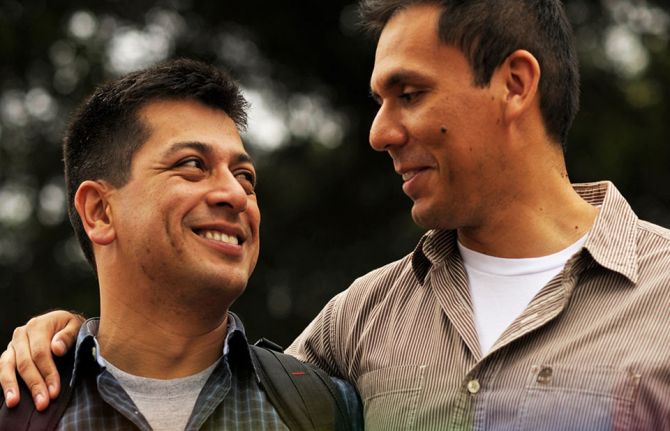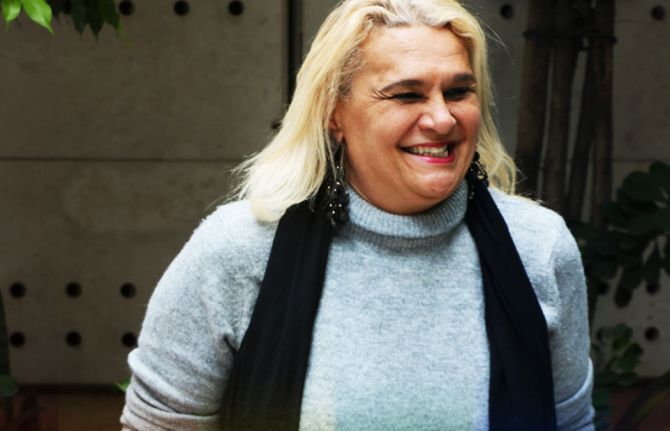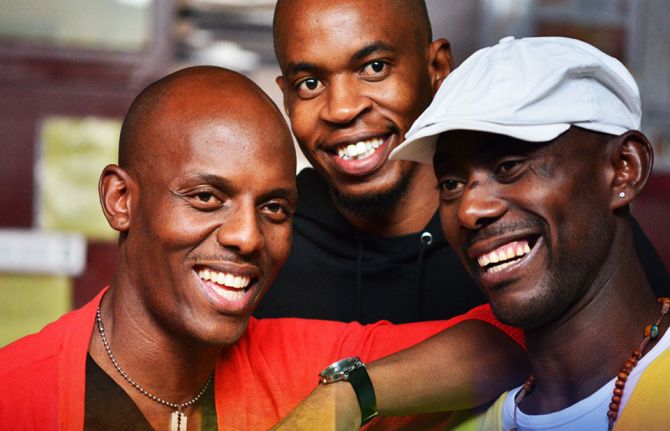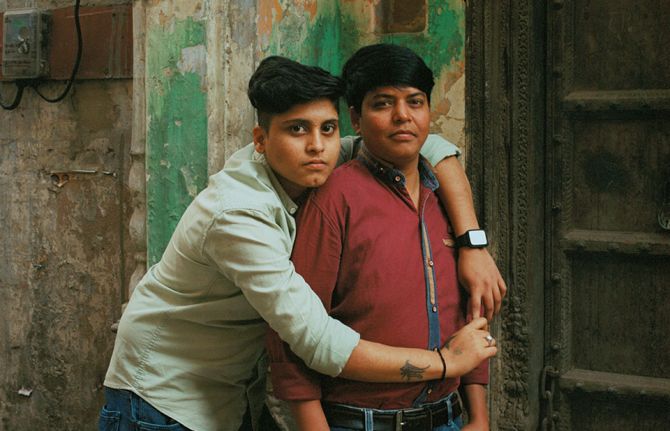




Press Release
UNAIDS celebrates Pride Month and calls for decriminalization of same-sex relationships
31 May 2023 31 May 2023GENEVA, 1 June 2023—As the world comes together to celebrate Pride Month, UNAIDS stands in solidarity with lesbian, gay, bisexual, transgender, queer and intersex (LGBTQI) communities around the globe. Pride Month provides an opportunity to celebrate the resilience, diversity, and achievements of LGBTQI individuals, while also reflecting on the challenges they continue to face. This momentous occasion serves as a reminder of our collective commitment to human rights, equality, and the urgent need to decriminalize same-sex relationships.
Cleiton Euzebio, Senior Advisor for Communities and Key Populations, UNAIDS said, “As a gay man, and as an activist for social justice for all, I am so proud to work for the UN’s Joint Programme to end AIDS. The UN is standing with communities, supporting them in leading the HIV response, confronting stigma, and building societies where every person is valued. This month and every month, may everyone feel pride in who they are.”
Thanks in large part to efforts led by key populations, the world has seen substantial progress in the HIV response. The end of AIDS is possible. However, inequalities stand in the way. Discrimination, violence, and stigma against LGBTQI people persist in many parts of the world, limiting access to essential services, including HIV prevention, treatment, care, and support.
Criminalization of same-sex relationships remains a significant barrier to achieving social justice and equality for LGBTQI individuals, and to ensuring health for all. Laws that criminalize consensual same-sex activity perpetuate stigma, contribute to violence and discrimination, and obstruct access to vital healthcare services. UNAIDS calls on all governments to urgently repeal discriminatory laws and policies, and to work towards creating an enabling legal and social environment that respects and protects the rights of LGBTQI people.
The decriminalization of same-sex relationships is a crucial step in our collective efforts to end the AIDS pandemic. When marginalized communities are criminalized or stigmatized, their vulnerability to HIV infection increases, and their access to HIV prevention, treatment, care, and support services is obstructed.
Significant gains that have been won in advancing LGBTQI rights in many parts of the world, including the decriminalization of same-sex relationships in several countries—from Angola to Singapore to Barbados. However other countries are imposing harsher criminal laws on same sex relationships. Decriminalizing homosexuality is essential to ensuring the end of AIDS.
UNAIDS will be taking part in the Geneva Pride march on 10th June. Pride Month is a vital reminder of the need for governments, civil society organizations, and individuals to join together for the protection and promotion of human rights for all, irrespective of sexual orientation, gender identity, or expression. Together, we can build a world that upholds equality, justice, and dignity for everyone.
UNAIDS
The Joint United Nations Programme on HIV/AIDS (UNAIDS) leads and inspires the world to achieve its shared vision of zero new HIV infections, zero discrimination and zero AIDS-related deaths. UNAIDS unites the efforts of 11 UN organizations—UNHCR, UNICEF, WFP, UNDP, UNFPA, UNODC, UN Women, ILO, UNESCO, WHO and the World Bank—and works closely with global and national partners towards ending the AIDS epidemic by 2030 as part of the Sustainable Development Goals. Learn more at unaids.org and connect with us on Facebook, Twitter, Instagram and YouTube.
